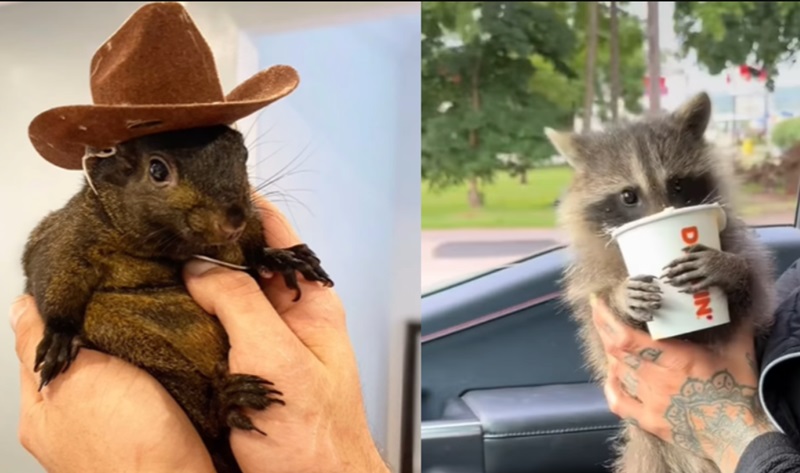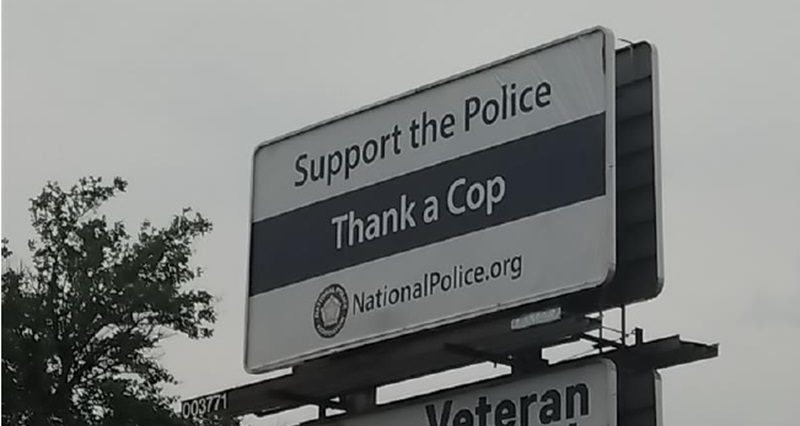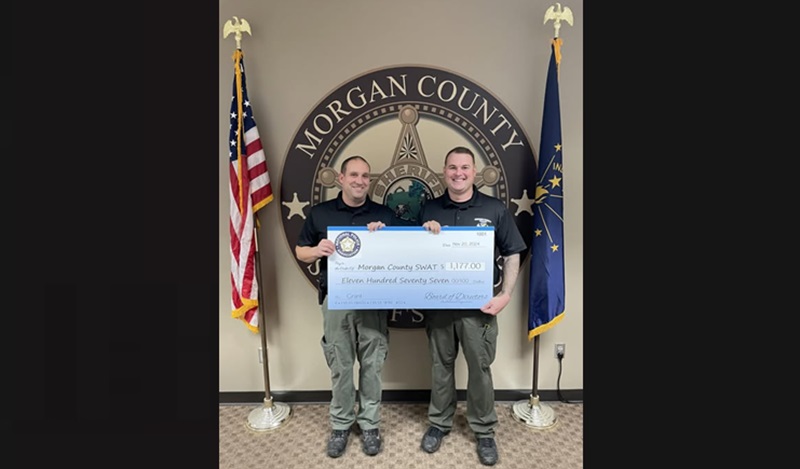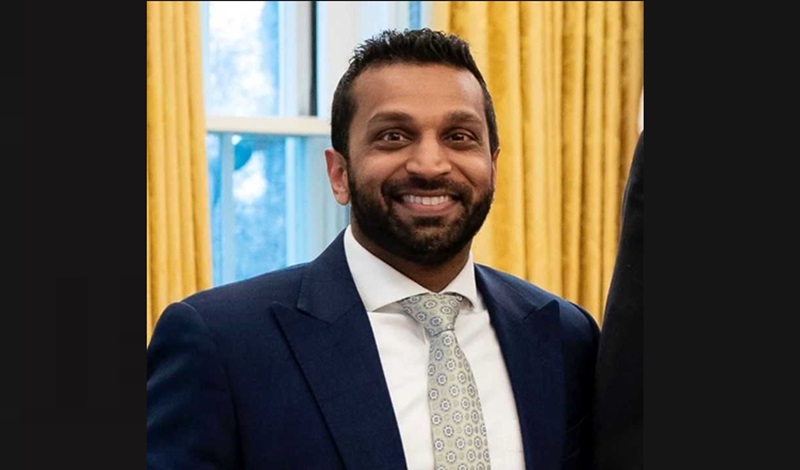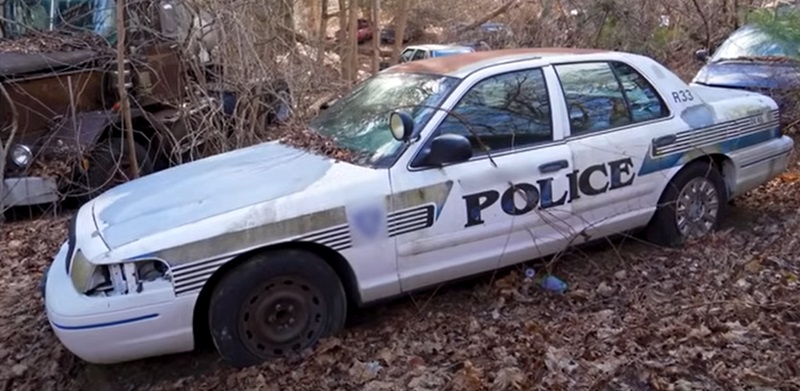
Legislatures pass laws with the expectation that they will be obeyed, and the expectation that those who do not follow the law will face consequences when the law is enforced. The law is enforced by agents of the government, most of whom, because of the variety of their duties that include dangerous activity, are armed police officers.
That’s the way it is supposed to work. Unless some political body between the lawmakers and the law enforcers decides that they have a better idea – like not enforcing the law. That doesn’t seem to be very democratic, but city councils are performing an end-run around traffic laws for fear that police will shoot drivers who have a burned-out license plate light.
The reality is that the danger is not to drivers breaking the law but to other motorists and police officers. Officers killed while making “routine” traffic stops while unknowingly interrupting criminal activity, as well as being struck while making stops, working crashes, or helping a stranded motorist, comprise a significant number of officers killed in the line of duty.
Embattled Minneapolis police are now barred from many traffic enforcement activities due to a settlement between the city and the Minnesota Department of Human Rights. MPD officers cannot pull over drivers for the sole purpose of expired tabs, license plate issues, broken lights or mirrors, or failing to signal a turn, along with other minor violations, so, according to one attorney, traffic stops cannot be “weaponized”.
“We already had in policy, that you couldn’t pull someone over because an air freshener was hanging from the rearview mirror… or if something is wrong with how your license plate is hung, [that is] also not a good reason for pulling people over. That was already done,” Mayor Jacob Frey stated.
Members of the California Senate recently passed a bill to limit police from pulling over drivers for certain minor safety infractions. Keeping the laws in place, but prohibiting police from enforcing them sounds like a dog chasing its own tail, but supporters claim “Our primary reason for supporting this is to advance public safety. To make sure the limited public resources we have, police, prosecutors, and courts are focused on the most serious crimes first.” Other brilliant California police-phobic legislative attempts include removing pedestrian safety rules and banning police K-9 use.
It is worth noting a couple of points. First is that traffic laws, including equipment and licensing laws, have national acceptance and typically conform to the Model Traffic Code used as a template by most jurisdictions. Secondly, when it comes to concerns about traffic stops being a tool of racial profiling, minorities are a greater percentage of crash victims. Thirdly, “minor” violations don’t seem so minor when the lack of a turn signal causes a crash, or a collection of items dangling from the rearview mirror keeps a driver from seeing the child at the crosswalk. This is not to mention the number of drunk drivers, illegally possessed guns, and contraband that are discovered during traffic stops.
The three “Es” of traffic safety are education, engineering, and enforcement. We try to teach people not to drive drunk, not to follow too closely, and to wear seatbelts. We design highways, ramps, signage, and barriers to guide traffic passively. When those fail, enforcement compels compliance. We can measure whether enforcement has an effect by using the math of the “enforcement index”. This is the relationship between enforcement and driver behavior as measured by crashes.
Although the police-phobics claim that these minor traffic laws have no significance to public safety, research indicates otherwise. An exhaustive study conducted by the Austin, TX police that was recently released, states that “Studies and research show traffic enforcement can promote traffic safety. There appears to be an inverse relationship between traffic enforcement and traffic safety. In some studies, when enforcement went up, serious injuries and deaths went down. In others, when enforcement went down, serious injuries and deaths went up”.
If politicians want to feel better about themselves by telling police not to do their jobs, that self-indulgent posturing will cost the lives of citizens they claim to represent.



